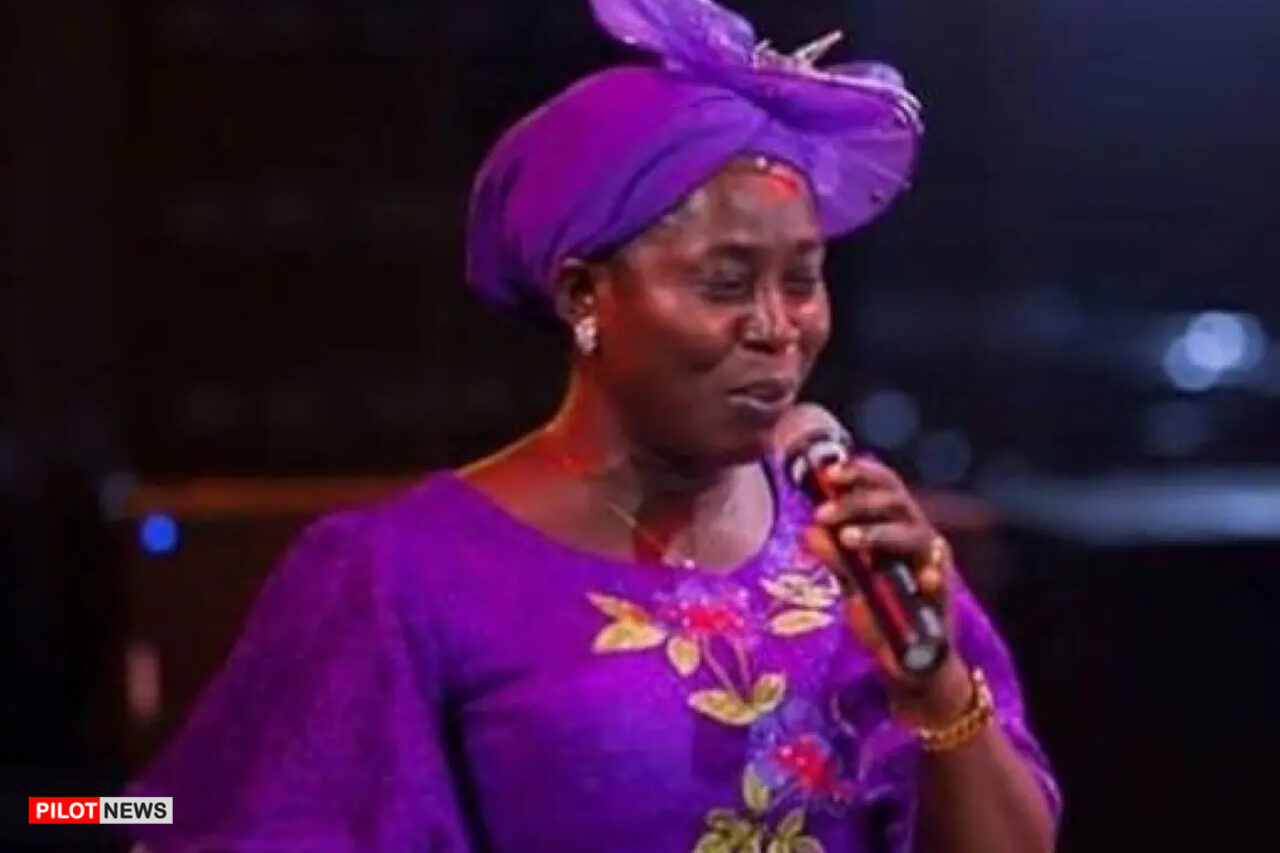While it is important to ensure abusers are brought to book, we might not achieve the goal of ending domestic violence without taking into consideration the root of abuse
in the mind of victims
The UN defines domestic abuse as a pattern of behaviour in any relationship that is used to gain or maintain power and control over an intimate partner. It could be physical, sexual, emotional, economic, or psychological actions or threats of actions that influence another person.

The death of gospel singer, Osinachi Nwachukwu shook many. What made it even more tragic were the stories unraveling from different sources on her history of domestic violence from her husband, Mr. Peter Nwachukwu who has now been arrested following the allegations; although the alleged abuse has not been medically proven to be the cause of her death.
In the heat of the incident, different social media platforms had domestic violence quotes and videos plastered all over the walls of their numerous users. Many terrible names were rained on Peter Nwachukwu for how inhumane he was to have abused a ‘gentle soul’ like Osinachi. A common name is ‘beast’.
While it is important to ensure abusers are brought to book, we might not achieve the goal of ending domestic violence without taking into consideration the root of abuse in the mind of victims. Where there is a beast, must that beast be fed? ‘How do we consciously or unconsciously enhance the ecosystem of abuse?’ is a question we must ask and answer to disempower the root of abuse in the mind of the victim from which the abuser feeds.
Of course, domestic violence is not gender-specific; however, statistics have it that most victims of domestic violence in Nigeria are women. One major enhancement of abuse in Nigeria is the dogmatic religious teachings, void of the different contexts and realities that exist in our society. Osinachi’s mother, in her narration with BBC, mentioned that when she had insisted that Osinachi dissolve her marriage with Peter, she (Osinachi) pleaded, quoting a popular scriptural verse: ‘what God has joined together, let no man put asunder.’
Admittedly, religion is an integral part of Nigerians. On the one hand, religion serves as a source of hope and solace for many; on the other hand, it could be a mist clouding the minds of followers (from taking appropriate actions) whose goal is to ensure that they do not disobey the law of their supreme being, as presented to them by their respective spiritual leaders.
Generally, on the subject of marriage, clerics preach to edify and admonish, all from a good intent; however, there might be statements that carry implications that strengthen abuse. For example, an old video clip of a known Nigerian pastor resurfaced online where he gave his counsel on abusive marriage. He said:
‘My counsel to anybody. If you don’t love anybody’s daughter, instead of killing them, hand them back to their father. Divorce is not allowed under any condition but this is what I believe: it is better to be alive and there is no marriage than for you to die because of marriage…’
No doubt, his sincere intention can be felt from a distance but likewise the harmful implication of that statement.
The scriptural quotes ‘God hates divorce’ and ‘what God has joined together, let no man put asunder’ are devotional words established in the minds of religious victims. But if divorce is not allowed under any condition, what does ‘hand them back to their father’ mean? Hand them back as what? An expired sausage roll?
Is that clause not empowerment to the abuser and disempowerment to the victim? What makes it impossible to speak directly to the victim to leave an abusive marriage instead of the indirect statement ‘it is better to be alive and there is no marriage than for you to die because of marriage’?
Why do we fear? What exactly do we fear? Divorce at the slightest provocation? Well, how about the incapacitations, casualties, and deaths resulting from the teaching- ‘there is no exit door in marriage’? Should amicable resolution of conflicts in marriage be encouraged? Absolutely, but also hand in hand with the priority to preserve life. Somehow, we cherish the cycle of fear and choose ignorance over enlightenment, we do not know the hand we play in the furtherance of abuse.
No matter how fired up and committed a cleric is to the devotion of their members to God, there is a need for religious teachings to go from prescriptive to descriptive. Prescription suspends a member’s ability to act appropriately in a bid to adhere strictly to religious teachings. Description, however, provides the discretion to act befittingly in the face of threatening situations such as domestic violence.
The word ‘leave’ should not be alien to clerics’ vocabulary in their counsel against domestic violence. If we refuse to debunk the insistent mindset of enduring abuse built, over time, in the minds of victims, then, we would continue to accuse abusers and perhaps, mourn more victims.
- Five inmates regain freedom in Anambra - November 24, 2023
- 4 Likely Reasons Nigerians Attacked Tope Alabi Over Tribute Song to the Late Queen Elizabeth - September 10, 2022
- OPINION: Transgender as Perceived by the Trans Community - August 26, 2022


